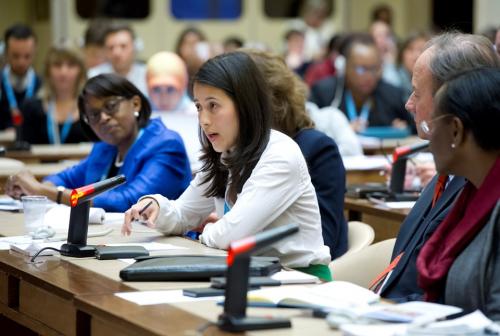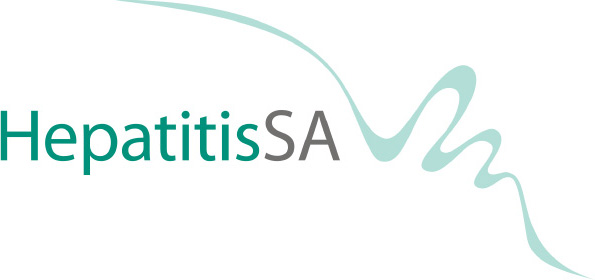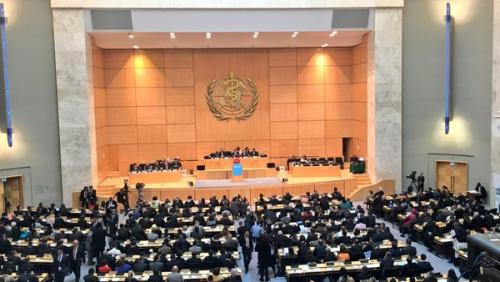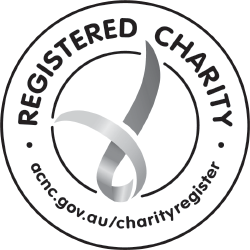The 194 member states of the 69th World Health Assembly have unanimously adopted the Global Viral Hepatitis Strategy to eliminate viral hepatitis by 2030, signalling the greatest global commitment on viral hepatitis ever.
The Strategy includes prevention and treatment targets to reduce annual deaths by 65 per cent and increase treatment by 80 per cent, saving 7.1 million lives globally by 2030.
“The adoption of WHO Viral Hepatitis Strategy signals the first step in eliminating viral hepatitis, an illness which affects 400 million worldwide. We congratulate governments for showing great ambition.” CEO of the World Hepatitis Alliance, Raquel Peck, said. “If governments remain committed, we will witness one of the greatest global health threats eliminated within our lifetimes.
"For the last decade, we have rallied together around a vision: a world where people living with viral hepatitis have access to safe and affordable care and treatment, transmission is halted and people do not face social marginalisation and inequality. Ten years of efforts has paid off."
Work and support needed
However, the World Hepatitis Alliance said in a statement that although the adoption of the strategy demonstrates considerable political will, more work will be needed to make the elimination of viral hepatitis a reality.
"As of February 2016, 36 countries had viral hepatitis national plans in place and 33 had plans in development. That means 125 WHO Member States don’t have national strategies to tackle this global killer. A dramatic scale up in resources and prioritisation is vital," the statement said.
In a message to World Hepatitis Alliance members, Ms Peck said the majority of countries, including Greece, Japan and Brazil, demonstrated strong political commitment to eliminate viral hepatitis.

"Other countries, in particular UK and Thailand, noted that the targets were ambitious and it would be difficult for many countries to meet them by 2030 without support from World Health Organization (WHO) and other global organisations," she said.
"Many others raised the issue of treatment costs and the considerable barriers to access and again called for the WHO to assist and collectively work to lower the cost of interventions.
"Overall, governments indicated their support to eliminate viral hepatitis but will require support from WHO and other global bodies."
If governments do not take the lead... the community... will
Community action
Ms Peck called on World Hepatitis Alliance members to use the Strategy to lobby their national governments especially around the specific interventions the Strategy calls for.
"World Hepatitis Day (28 July 2016) offers a great opportunity to start these conversations," she said, pointing out that the the NOhep global movement aimed at galvanizing support toward the elimination of viral hepatitis by 2030 will be launched on World Hepatitis Day.
"We are also coordinating the second World Hepatitis Summit in March 2017 under the theme of “Implementing the Global Health Sector Strategy on viral hepatitis: Towards elimination of hepatitis as a public health threat.
"This is a momentous occasion - one which we should celebrate. However, the work doesn’t stop here. As a community, we must continue to work together to ensure that countries honour their commitment and implement activities to reach the targets.
"If governments do not take the lead in meeting the targets, we — the community — will."



